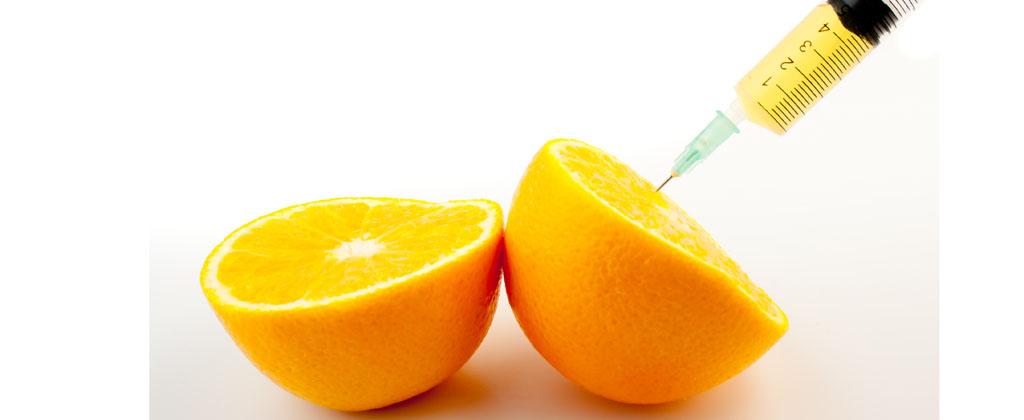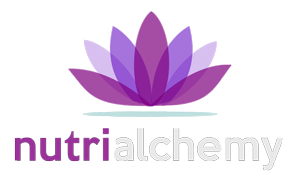
Mega Dose – Vitamin C
- Vitamin C is a nutrient found in food and dietary supplements. It is an antioxidant and also plays a key role in making collagen.
- High-dose vitamin C may be given by intravenous (IV) infusion(through a vein into the bloodstream) or orally (taken by mouth). When taken by intravenous infusion, vitamin C can reach much higher levels in the blood than when the same amount is taken by mouth.
- High-dose vitamin C has been studied as a treatment for patients with cancer since the 1970s.
- Laboratory studies have shown that high doses of vitamin C may slow the growth and spread of prostate, pancreatic, liver, colon, and other types of cancer cells.

- Some laboratory and animal studies have shown that combining vitamin C with anticancer therapies may be helpful, while other studies have shown that certain forms of vitamin C may makechemotherapy less effective.
- Animal studies have shown that high-dose vitamin C treatment blocks tumor growth in certain models of pancreatic, liver, prostate, and ovarian cancers, sarcoma, and malignant mesothelioma.
- Some human studies of high-dose IV vitamin C in patients with cancer have shown improved quality of life, as well as improvements in physical, mental, and emotional functions, symptoms of fatigue, nausea and vomiting, pain, and appetite loss.
- Intravenous high-dose ascorbic acid has caused very few side effects in clinical trials.
- While generally approved as a dietary supplement, the U.S. Food and Drug Administration (FDA) has not approved the use of IV high-dose vitamin C as a treatment for cancer or any other medical condition.
